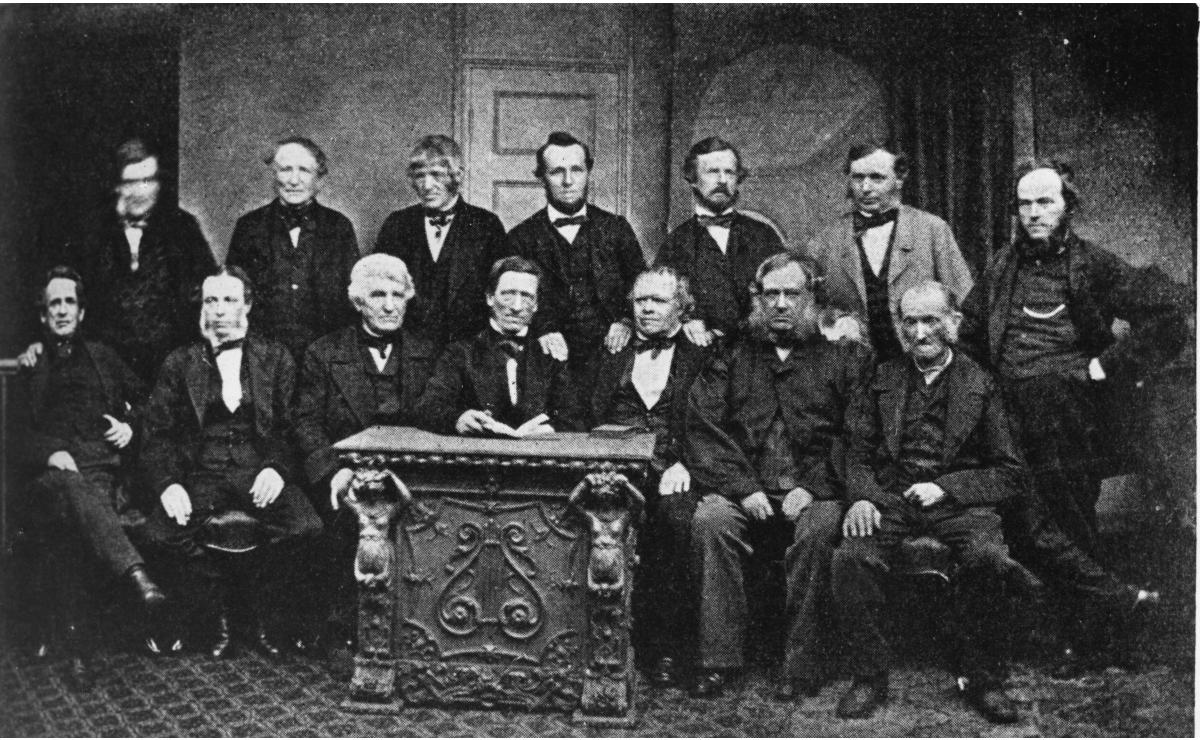Cooperation is as old as mankind itself, but the cooperative system as we know it now dates back to the 19th century in the United Kingdom, in the heat of the industrial revolution. The movement rose alongside other social outbursts in the working classes, striving towards social transformation.
The birth place of the modern cooperative may be found in the town of Fenwick (Scotland). On the 14th of March, 1761, in a humble cottage in rural Fenwick (Scotland), several weavers from the region hid a sack of oatmeal that they took to John Walker’s whitewashed front room and started to sell the contents at a reduced price. This was the beginning of the Fenwick Weavers’ Society.
The first cooperative society arose in 1844, when a group of 28 craftsmen, who worked in the cotton factories in the town of Rochdale, in northern England, established the first modern cooperative company: the Rochdale Society of Equitable Pioneers.
This group ended up being known as the “Rochdale Pioneers” and they are considered to be the forerunners of modern cooperative societies and the founders of the cooperative movement.
New model, new conditions
With the cooperative model, the workers in the cotton factories obtained a better quality of life. The weavers had terrible working conditions and low salaries, so they decided to pool their few resources and work together to access basic goods at better prices.
In the beginning the cooperative sold flour, oats, sugar and butter for the employees at prices below the market price. The demand grew and the Pioneers decided that it was time to deal with consumers honestly, with transparency and respect.
Therefore, they decided that the workers should be able to participate in the profits according to their contribution and be able to make decisions within the business. From this point onwards, each customer of the shop became a member of the cooperative.
The journey of cooperativism in Spain
The first documented cooperative in Spain dates back to 1840, with the establishment of the pioneer “Association of Barcelona Weavers.” However, eight years later, the business was acquired by a private company.
With the ups and downs of Spanish politics in the 19th century, no legislation was consolidated regarding cooperativism until 1847, when the Law of Association was created. The evolution of the cooperative movement in Spain has been inconsistent over the years, depending on the country’s political ideology at the time.
In 1931, the first Cooperatives Law was passed in Spain, but in 1939, with the arrival of Franco’s dictatorship, the cooperative legislation was abolished and the properties confiscated.
In 1942 another Cooperatives Law was passed, which basically promoted agricultural associations. During the first years of the dictatorship, most of the cooperatives were controlled and intervened, as they were understood to be an instrument of revolutionary and socialist movements. In the 1960s, the movement became consolidated in Spain, but with a strongly agricultural calling and with very little incidence in industry.
With the return of democracy in 1975 and the opening up of the economic situation, cooperatives once again became more important in other sectors: the legislative framework was changed and the growth of the sector was promoted.


